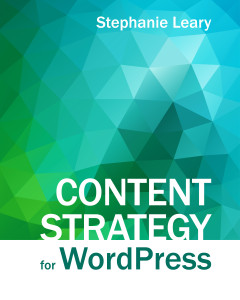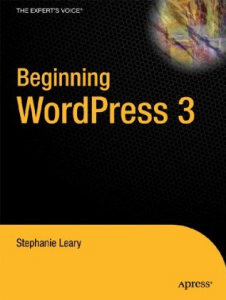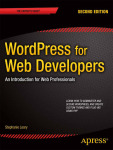The NY Times reported yesterday that Apple is changing its requirements for ebook apps. Apps that used to take you to a web store to buy the books, like the Kindle app, will now be required to offer in-app purchasing as well. This is great from a user experience point of view — going to a website, then back to the ebook app, frankly sucks — but it’s horrible for the booksellers, because it means they’ll make no money at all on the ebook sales.
The agency model most big publishers adopted last spring dictates that the publisher will receive 70% of the ebook’s list price. That leaves 30% for the bookseller. Apple’s app purchasing guidelines require them to get… 30% of the list price.
Everyone at Apple who’s involved with iBooks knows this. They have to. Remember when Amazon was duking it out with Penguin over this last spring, and all Penguin Kindle books disappeared from the Amazon site? iBooks remained available. Apple accepted the agency model — as did everyone else, eventually, because where else were they going to get books? The app store purchasing rules were announced well after the agency model came into play. Therefore, Apple’s execs knew damn well what this would mean for its ebook competitors.
I’m guessing they looked at the publishing landscape and saw that it was in total disarray, not unlike the music industry before iTunes came along. Then they looked upon this math and saw that it was good:
Kindle: Publisher 70% + Apple 30% = Amazon 0%
Sony reader: Publisher 70% + Apple 30% = Sony 0%
Kobo: Publisher 70% + Apple 30% = Kobo 0%
iBooks: Publisher 70% + Apple 30% = monopoly on iOS ebook sales
John Gruber concludes, “Something has to give.” No. No, it doesn’t. Look, Apple was late to the game with iBooks and everyone knew it. The Kindle was already well established, the Sony reader had been out for ages, and even smaller players like Kobo had a decent following. How was Apple going to gain dominance? It had to provide a better user experience, the way iTunes made it easier to buy mp3s from Apple than from anyone else. But so far, the iBooks store isn’t vastly superior to the others. It’s understocked, it doesn’t let you report problems with your downloaded ebooks like Amazon does… there are a bunch of issues.
So how does Apple win? By shutting everyone else out of the platform, evidently. MacRumors has it right: now that Apple has subscriptions, it can throw its weight around.
Of course, you can still buy Kindle books on the web and read them on the Kindle app… but how long is Amazon going to offer the app, if it’s required to sell books through it with no profit?
This is smart business for Apple, but unless the iBooks store dramatically improves, the lack of competition pretty much sucks for readers.




This really sucks. I see the usefulness of my iPad as an eBook reader dropping suddenly and significantly because of this maneuver. Even if the iBookstore improves, or gets expanded to be accessible outside of the app, I can’t see this helping the sales of iPads. Is Apple’s share of the eBook market so strong that they can afford to let their competitors, especially kindle, pull out of the iPad and iPod/Phone market?
No, their share is weak, and they’re trying to leverage the hardware’s success to squeeze out competing ebook sellers. By demanding 30% of the list price, they’re leaving literally nothing for booksellers, who are required to pay 70% to the publishers. There’s no way the booksellers can continue to do business with Apple under those terms. If they pull their apps from the platform, Apple will be the only company who can sell books to iPad and iPhone owners.
It’s that last statement that is so confusing to me. It seems like such a huge gamble, taking steps to force out eBook competitors when you have a weak market share and you make the majority of your money on selling the hardware rather than the software. What does Apple know that we don’t?
Apple will be the only company who can sell books to iPad and iPhone owners.
If I were Amazon, I wouldn’t be that worried–because everyone will continue to buy through Amazon, anyway (via their Kindle, or desktop), then just read their stuff on their iThing. I think what will be history is agency pricing. But first lots of hassle for everyone. Sigh.
You got everything right except one thing: Apple did not accept the Agency Model, it created it in collusion with 5 of the 6 largest publishers. Random House abstained because they were making too much money letting Amazon pay full price while selling their books at a substantial loss to attract customers to the Kindle. Also, while large companies like Amazon get their books at a 30% discount, small guys like iFlowReader who go through a wholesaler end up with a 20% discount which means that our equation is: PUBLISHER 70% + WHOLESALER 10% + APPLE 30% = iFlowReader -10% (loss) = Out of Business.
For small companies this mean one thing – out of business . 30% of the list price is very huge amount. , They’re leaving nothing for booksellers